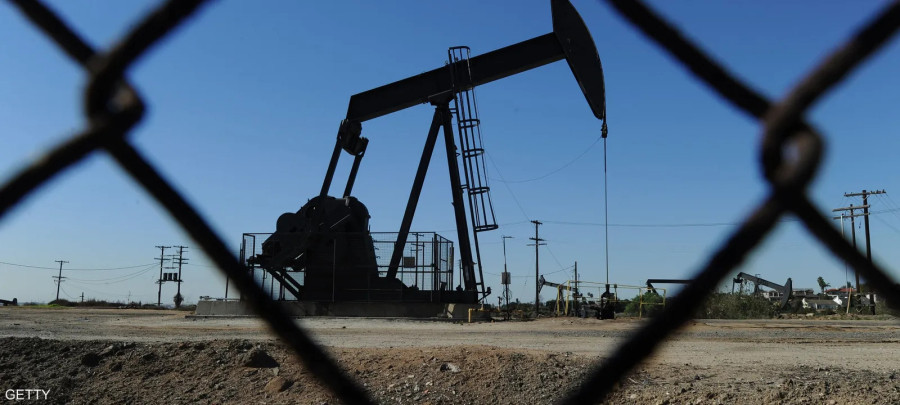Oil futures fell on Tuesday, bucking the upward trend of the previous day, as concerns about weak demand in light of the global economic slowdown outweighed the possibility of further supply cuts by the Organization of the Petroleum Exporting Countries (OPEC) and its allies, including Russia.
Brent crude futures fell 19 cents, or 0.2 percent, to $82.13 per barrel by 0013 GMT, and the price of US West Texas Intermediate crude fell 15 cents, or 0.2 percent, to $77.68 per barrel.
The two benchmark crude oils rose about two percent, on Monday, after three sources in the OPEC+ alliance told Reuters that the group of producers, consisting of OPEC and its allies, will study the option of making additional cuts in oil supplies when it meets on November 26.
Tsuyoshi Ueno, chief economist at the NLI Research Institute, told Reuters: Since concerns about demand have not dissipated, investors have taken a wait-and-see position to confirm the actual decision of OPEC+.
He added, going forward, the market will focus on US and Chinese economic indicators and US crude oil inventory levels to assess the trend of global demand. He added that investors will also think about the decline of the US dollar, which will provide support for oil prices.
The oil market has declined approximately 20 percent since late September, as crude oil production in the United States, the world's largest producer, remains at record levels, while the market is concerned about the growth in demand, especially from China, the largest oil importer.
Traders are also watching for signs of declining demand due to a possible US recession in 2024.
A preliminary poll conducted by Reuters on Monday showed that US crude and gasoline inventories likely rose last week, while distillate inventories witnessed a decline. A weekly report is scheduled to be issued by the American Petroleum Institute later, Tuesday, and by the Energy Information Administration tomorrow, Wednesday.
On the supply side, the OPEC+ alliance is likely to extend or perhaps increase oil supply cuts next year, eight analysts predicted, in a Reuters report.







































